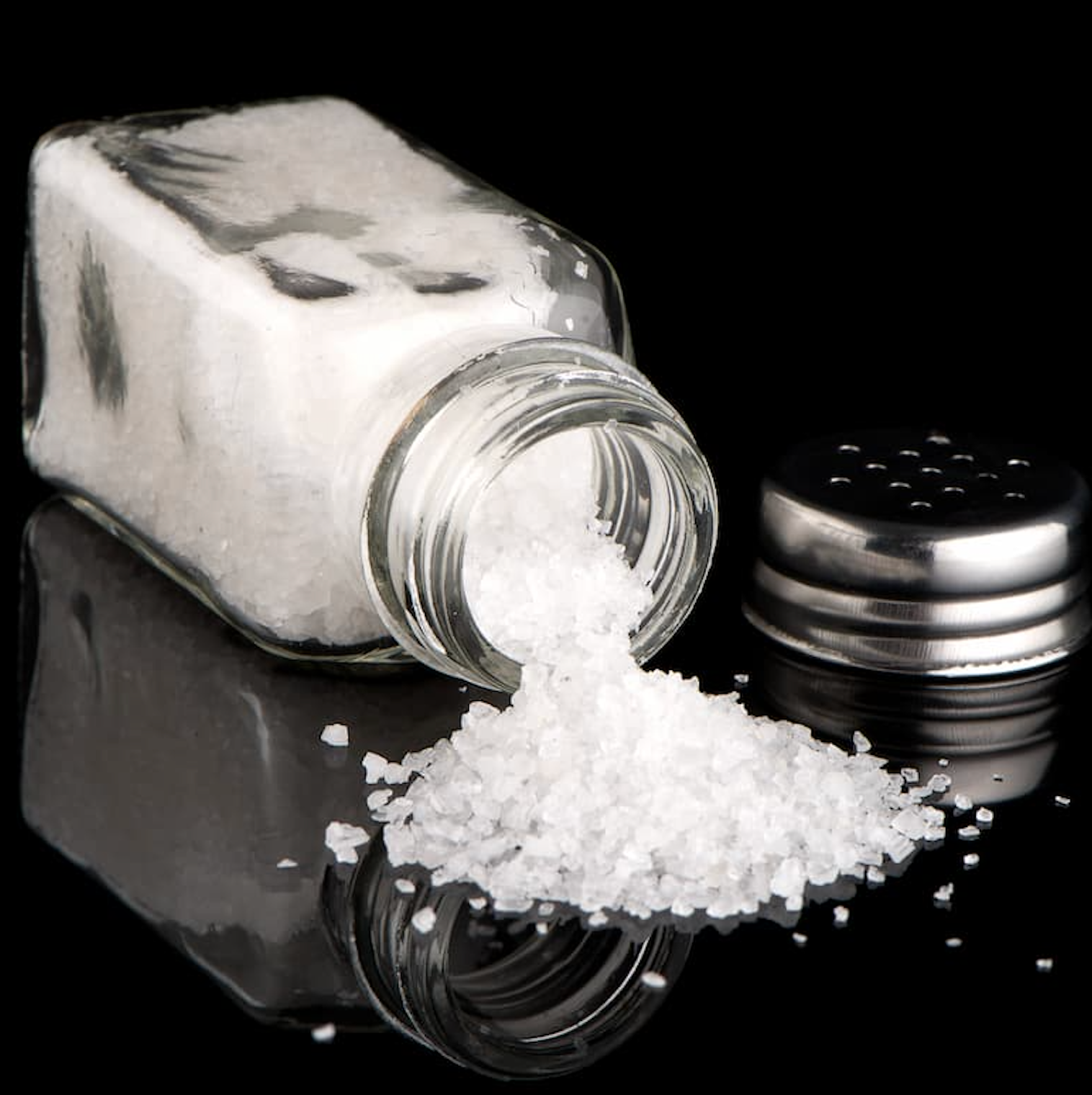Extra Salt Could Raise Your Liver Disease Risk
New research shows that frequently adding salt to your food may raise your risk of fatty liver disease, cirrhosis and liver cancer.
By
Lana Pine
| Published on July 2, 2025
4 min read
Credit: Adobe Stock/homydesign

Most people know that eating too much salt can raise blood pressure or increase heart disease risk. But now, a team of investigators are sounding the alarm about another danger: Frequent use of table salt could increase your risk of serious liver diseases, including fatty liver disease, cirrhosis and liver cancer.
“Previous studies have indicated the positive associations between salt added to foods and various adverse health outcomes such as Type 2 diabetes, cardiovascular disease (CVD) and mortality, yet the role of added salt in liver-related disorders remains underexplored,” wrote Lu Qi, M.D., Ph.D., HCA Regents Distinguished Chair and Professor at Tulane University and adjunct professor at Harvard T.H. Chan School of Public Health, and colleagues.
What the Study Found
In a recent study of nearly 500,000 adults in the U.K., researchers tracked how often people added salt to their food (not counting salt used during cooking). The mean age of participants was 56.5 years and 45.3% were male.
Participants answered a simple question: “Do you add salt to your food?” with options ranging from “Never/Rarely” to “Always.”
Over the next 13 years, researchers followed participants’ health outcomes. Here’s what they found:
- People who always added salt at the table were 40% more likely to develop metabolic dysfunction-associated steatotic liver disease (MASLD) — a form of fatty liver disease — compared with those who rarely added salt.
- The same group also had a 32% higher risk of cirrhosis, which is permanent scarring of the liver.
- Even more concerning: Their risk of liver cancer (hepatocellular carcinoma) was more than double that of people who rarely added salt.
Why This Matters
MASLD (formerly known as NAFLD or nonalcoholic fatty liver disease) already affects about 30% of people worldwide. This condition can quietly progress over time and may eventually lead to cirrhosis, liver failure or cancer — sometimes with little to no warning signs.
Currently, there is only one FDA-approved medication for MASLD (resmetirom/Rezdiffra), making prevention and lifestyle changes crucial.
How Could Salt Be Causing Liver Damage?
Salt — specifically, sodium — is essential in small amounts for things like fluid balance and nerve function. But too much salt can cause the following:
- Increased blood pressure
- Weight gain and body fat buildup (adiposity)
- Inflammation
- Insulin resistance
All of these are risk factors for both liver disease and other metabolic disorders like Type 2 diabetes and heart disease.
The researchers believe that some of the link between salt and liver disease may come from how excess salt affects body weight and fat storage, but they also stress that salt may have direct effects on the liver that need further research.
What You Can Do to Lower Your Risk
The good news: This is a modifiable risk factor, meaning you can take action to lower your risk starting today.
Simple ways to cut back on salt include the following:
- Taste your food before reaching for the salt shaker.
- Use herbs and spices like garlic, lemon, pepper or vinegar to add flavor.
- Choose fresh foods over highly processed ones that often hide large amounts of sodium.
- Read nutrition labels carefully. Aim for less than 2,300 milligrams of sodium per day, or about 1 teaspoon of salt total from all sources, as recommended by health organizations.
“A higher frequency of adding salt to foods was associated with higher risks of incident MASLD, cirrhosis, and HCC,” investigators concluded. “These findings suggest that reducing salt/sodium intake could be a promising strategy for preventing liver-related disorders.”

